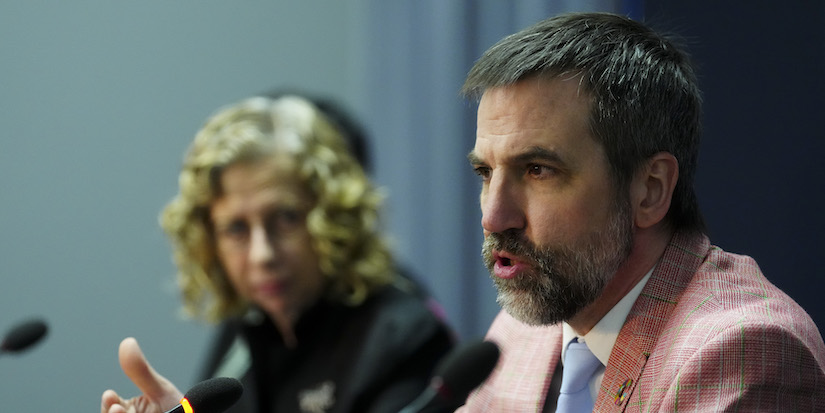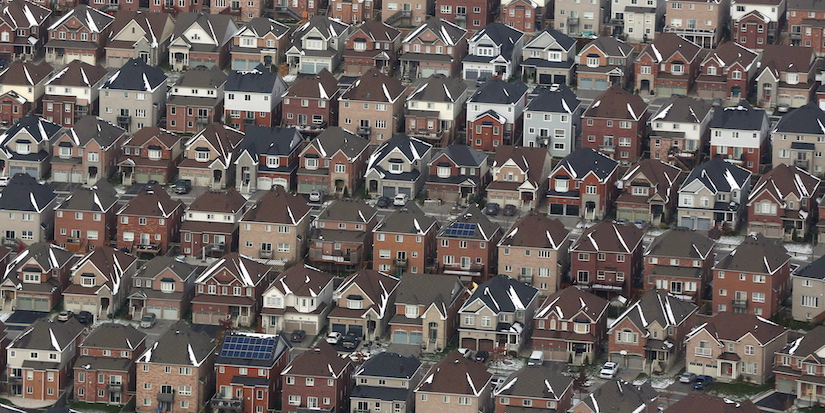Latest News
B.C. releases greenhouse gas numbers for 2020

Published 2:39 PDT, Fri September 9, 2022
—
The province has released provincial greenhouse gas emissions numbers for 2020 as part of its most recent annual provincial inventory.
The provincial emissions inventory is produced every year by B.C.'s Climate Action Secretariat and is based primarily on the federal government's National Inventory Report on greenhouse gas emissions.
In 2020, net emissions in British Columbia totalled 63.5 million tonnes of carbon dioxide equivalent (MtCO2e) after considering 1.1 MtCO2e of carbon offsets from forest-management projects. This represents a net decrease of three per cent (-2.0 MtCO2e) from 2007 levels, the baseline year for B.C.'s official emissions targets, and a net drop of four per cent (-2.7 MtCO2e) from 2019 levels.
Emissions data is published with as much as a two-year lag to allow time to assemble and analyze a wide range of information. The provincial inventory provides the official greenhouse gas emission numbers, which count toward B.C.'s legislated greenhouse gas emissions targets.
The CleanBC Roadmap to 2030 is the province's plan to expand and accelerate climate action by building on B.C.'s natural advantages—abundant and clean electricity, innovative technology, and a highly skilled workforce. It sets a path to reach B.C.'s legislated emissions targets through increased collaboration and actions across sectors that are building a British Columbia that works for everyone.
The roadmap includes policies that will significantly reduce emissions across sectors, including commitments to make all new sales of light-duty vehicles zero-emission by 2035, a 75 per cent reduction of methane emissions from the oil and gas sector by 2030, and a commitment to make all new buildings emit zero carbon by 2030. The plan also includes commitments to meet sectoral emissions targets for industry and the oil and gas sector, among others.
The province is committed to reaching net-zero emissions by 2050 and is developing legislative changes to put this target into law. Forest-management carbon offsets in B.C. reduce emissions by sequestering more carbon in forest ecosystems than would have occurred without the project. Offsets projects undergo a rigorous set of evaluations and followups to make sure they represent legitimate carbon storage under provincial regulation and are designed to meet the highest international standards.
To view the full provincial inventory of greenhouse gas emissions for 2020, visit gov.bc.ca/gov/content/environment/climate-change/data/provincial-inventory































